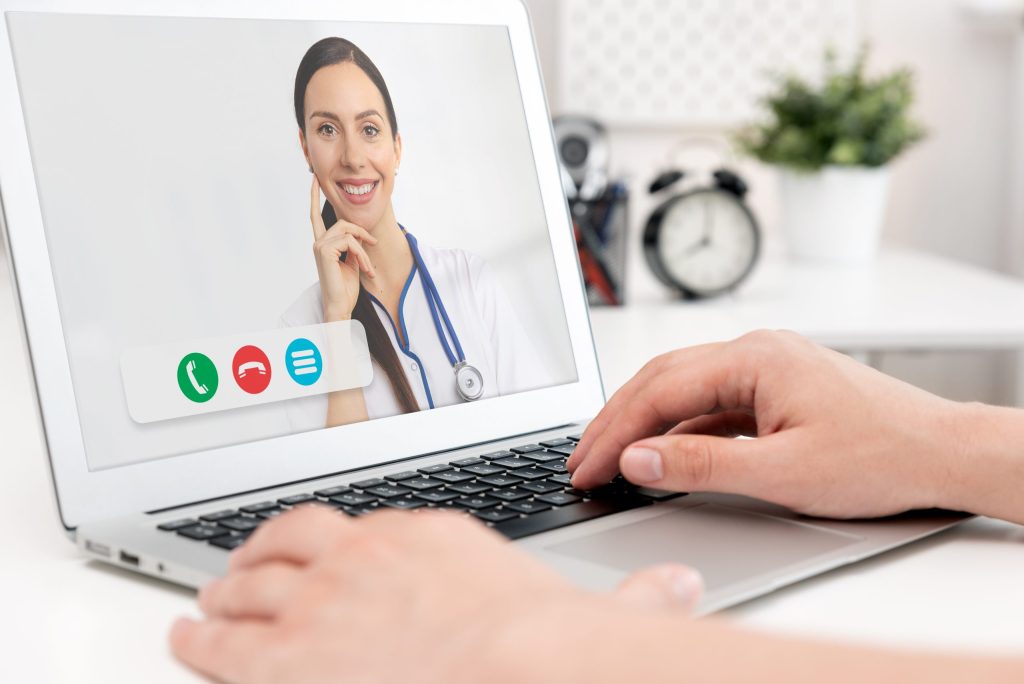
COVID-19 has had a tremendous influence on the relationship between healthcare professionals and pharmaceutical sales representatives. Medical sales reps have not been able to visit healthcare professionals in person. Consequently, pharmaceutical sales representatives have lost all opportunities to meet their clients face-to-face, including at the clinics, medical conferences and any previously planned in-person continuing health education sessions. Many of these events have been cancelled or moved to an online platform.
This has resulted in a substantial shift in the way that pharmaceutical companies engage with their clients. Some pharmaceutical companies have responded quickly by maximizing the use of innovative digital marketing programs that add value to their clients. Those who are still trying to figure out how to manage this new situation should consider investing some time in pharma competitive intelligence research to learn what their competitors are doing to engage digitally with healthcare professionals. Pharma competitive intelligence can help you identify the type of program, the spread throughout the country, the timing, the people from the company who will be implementing the program, and more.
If you find yourself asking what new digital marketing programs and sales techniques your pharmaceutical competitors are using to strengthen their relationship with healthcare professionals, table 1 will provide you with some easy to follow steps, competitive intelligence research tips and examples.
Table 1: Pharma competitive intelligence tips and examples
[spbtbl_sc id=1]
Once the pandemic will be over and most of our lives will have returned to normal, it is very unlikely that medical offices and pharmacies will be going back to their pre-COVID model. Patient and HCP relationships will probably not go back to strictly clinic visits, and neither will sales reps and HCP relationships. It is probable that healthcare professionals who are enjoying the new digital relationship with pharmaceutical sales representatives continue to demand this type of relationship or an adaptation of it in the future. This means that the traditional pharmaceutical sales model will change. We just don’t know exactly how yet. Therefore, it is important for pharmaceutical companies to get their competitive intelligence done correctly as it will probably be adopted over the long-term.
If you need assistance from a team with extensive experience in conducting pharma competitive intelligence programs, please contact us. We would be happy to help.
